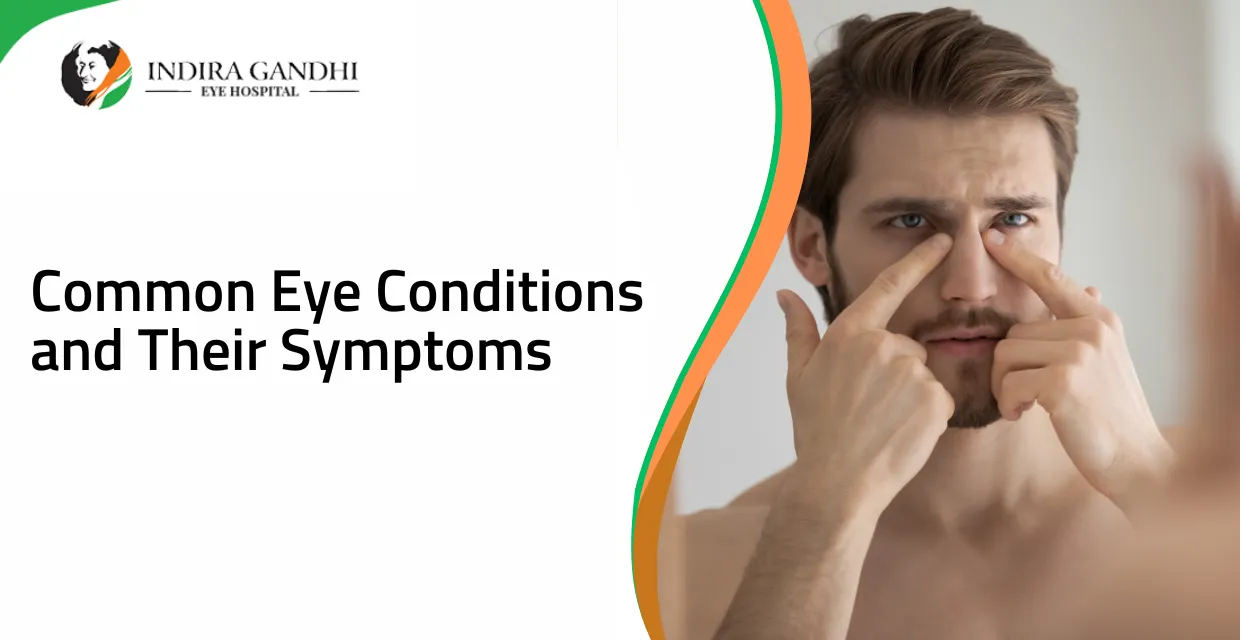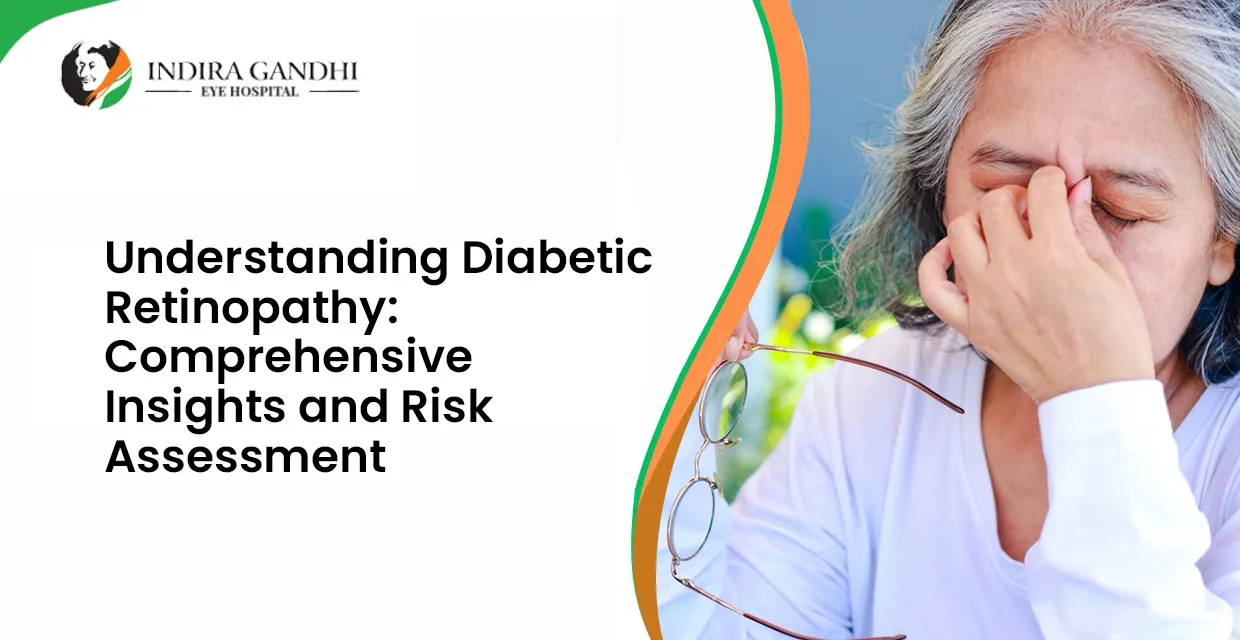Before understanding laser treatment for diabetic retinopathy, it's essential to have a proper understanding of this condition. Diabetic retinopathy is a serious eye ailment affecting individuals with diabetes. It occurs when high blood sugar levels damage the blood vessels in the retina, located at the back of the eye. Over time, these damaged vessels can leak fluid or bleed, leading to vision impairment or blindness if left untreated. Regular eye check-ups are crucial for the early detection and management of diabetic retinopathy, preventing vision loss and preserving eye health.
Why Laser Treatment?
Laser treatment, or photocoagulation, is commonly recommended for diabetic retinopathy to prevent vision loss and stop further retinal deterioration. Its primary goal is to seal leaking vessels or shrink abnormal ones, reducing the risks of retinal detachment or macular edema. This laser surgery approach is a proactive measure against the progression of diabetic retinopathy, safeguarding vision and preventing severe complications. At Indira Gandhi Eye Hospitals, known for its excellence in eye care, you can receive top-notch laser eye surgery to address and treat diabetic retinopathy effectively.
Before the Procedure
Before undergoing laser eye treatment for diabetic retinopathy, your eye specialist will conduct a thorough eye exam to assess the extent of your condition and determine if laser therapy is the best option. Additional imaging tests, like optical coherence tomography (OCT) or fluorescein angiography, may be performed to provide detailed images of the retina, aiding in the treatment planning. This careful evaluation ensures tailored and effective intervention for managing diabetic retinopathy and preserving your vision.
During the Procedure
Preparation: Before laser treatment, your doctor will likely dilate your pupils with eye drops to enhance retinal visualization.
Comfort measures: Inform your doctor if you experience any discomfort during the procedure. They may offer numbing eye drops to help alleviate any pain or discomfort.
Eye protection: A protective cover will shield your eyes during the laser treatment to prevent accidental damage to surrounding tissue.
Laser application: The laser will precisely target affected spots on your retina. You may notice flashes of light or experience a slight tingling sensation during the procedure.
Duration: The duration of the laser treatment can vary based on the severity of retinopathy and the number of areas needing treatment. Your doctor will provide an estimate of the procedure's timeframe.
After the Procedure
Rest: After laser surgery, it's important to rest your eyes. Avoid strenuous activities and limit screen time to promote recovery.
Vision changes: It's normal to experience some changes in vision following laser treatment. You may notice blurriness, sensitivity to light, or mild discomfort.
Follow-up appointments: Attend all follow-up appointments with your doctor. These visits are crucial for monitoring your progress and ensuring the effectiveness of the treatment.
Eye protection: Wear sunglasses when outdoors to protect your eyes from bright sunlight, which can be particularly bothersome after laser treatment.
Medication: Follow your doctor's instructions regarding any prescribed eye drops or medications. These treatments can help reduce inflammation and facilitate healing.
Conclusion
Laser treatment for diabetic retinopathy is vital for managing the condition, preserving vision, and preventing further retinal damage. Understanding the procedure helps build confidence. If you are diagnosed with diabetic retinopathy or have concerns about your eye health, consulting the retina specialists at Indira Gandhi Eye Hospitals will help you maintain good vision and overall eye health.






